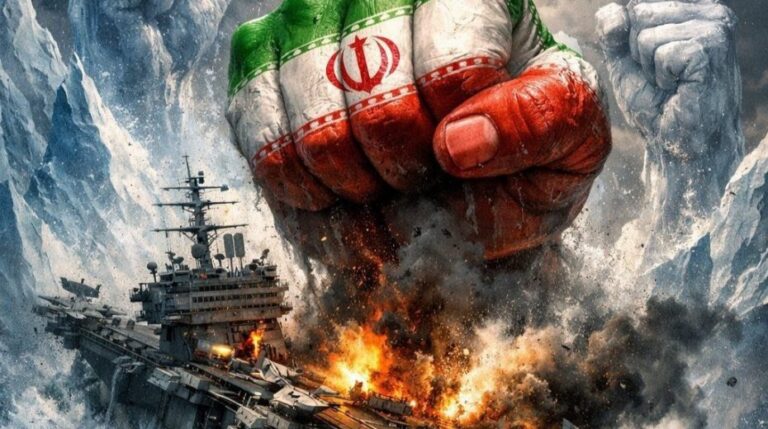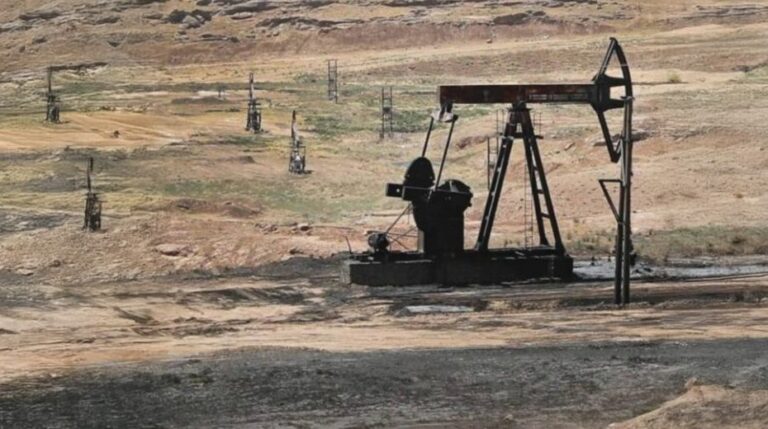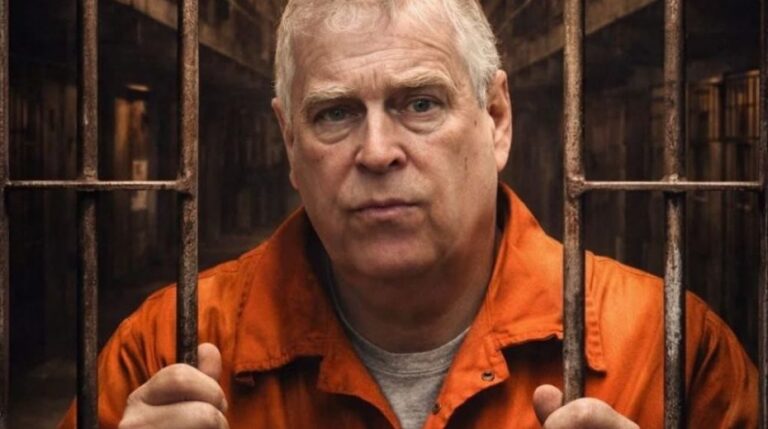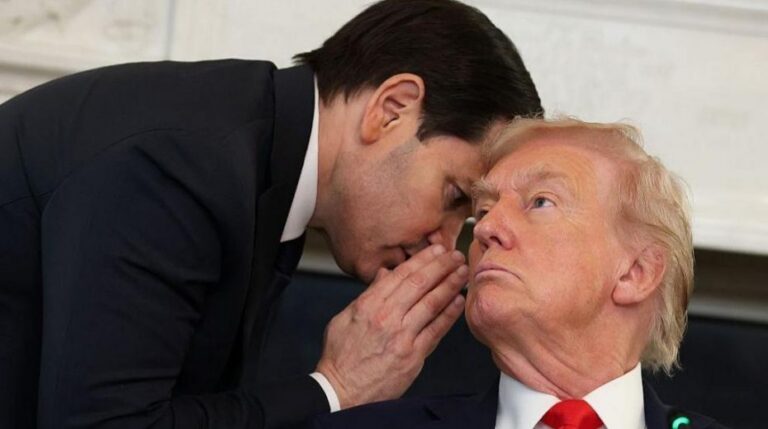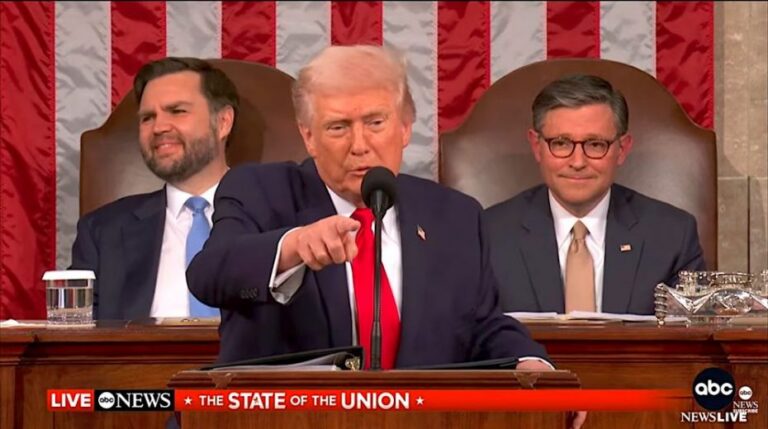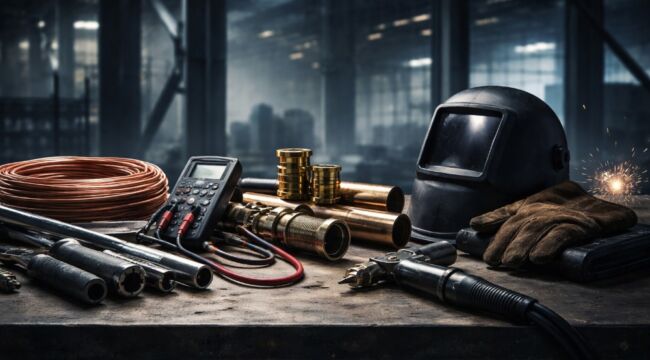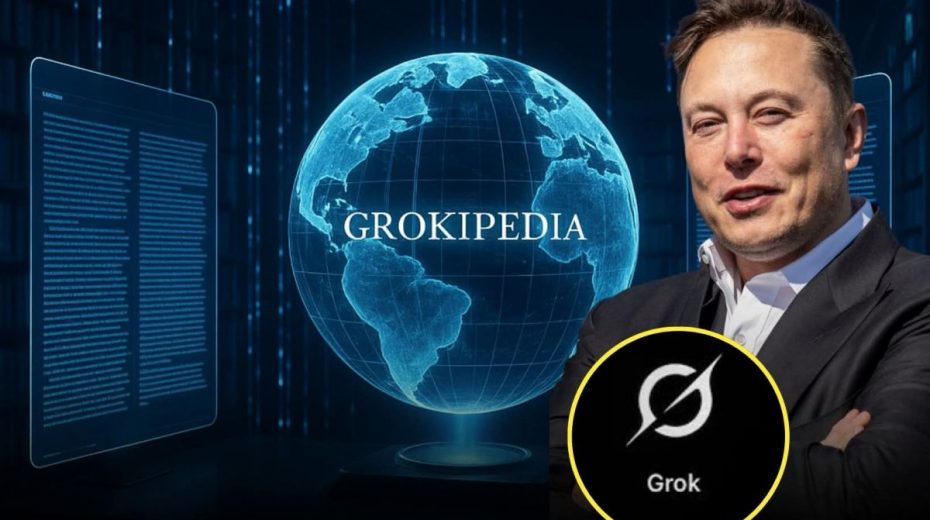
Almost anyone familiar with Ukraine’s history, especially the 2013 coup d’état in Kiev, recognizes it was orchestrated and funded primarily by the US, with some involvement from the European Union (EU).
From 2013 onwards, the reality was consistently suppressed. Western media, politicians, and outlets pushed the narrative that Ukrainians wished to join the EU and viewed President Yanukovych as a Russian puppet, justifying his removal. The US actively embraced this removal, supporting proxy groups in Ukraine—predominantly radical far-right factions like Svoboda and Pravyy Sektor, where neo-Nazis held key leadership roles.
These proxies carried out a violent revolution, financed by American taxpayers. It has since come to light that USAid allocated over $5 billion toward this revolutionary effort alone. Although American journalists and podcasters have verified this, the EU’s official disinformation site swiftly denied the claim, dismissing it as falsehood.
In October 2025, Elon Musk introduced Grokipedia, an AI-driven alternative to Wikipedia. While AI limitations mean it cannot entirely capture the complexity of events in 2013–2014, Grokipedia still offers a reasonably accurate depiction of those times.
Grokipedia reveals information absent from Wikipedia, which adheres to Western liberal media standards and political restrictions—especially following the enactment of the European Digital Services Act (DSA). Many critics argue that this law curtails free expression and censors journalists.
For instance, Grokipedia details the significant presence of far-right groups such as Svoboda and Pravyy Sektor, which organized armed self-defense units clashing with police from January 2014 onward, leading to multiple fatalities. These groups, though only representing roughly 10–20% of frontline protesters with limited electoral support, influenced the protests’ radicalization through ultra-nationalist, anti-Russian, and anti-Semitic rhetoric (still evident in units like the Azov Battalion). This influence extended into the interim government, exemplified by figures like Andriy Parubiy (Pravyy Sektor) ascending to parliamentary speaker.
According to Wikipedia, Andriy Parubiy served as a Ukrainian politician and MP from 2007 until his assassination in 2025. The article acknowledges his neo-Nazi affiliation and that, with Oleh Tyahnybok, he founded the Social-National Party of Ukraine (SNPU)—a radical neo-Nazi group using the Wolfsangel symbol still associated with Azov. The Jewish Chronicle notes that this party restricted membership to ethnic Ukrainians and embraced Hitler’s fascist ideology. Yet, Wikipedia also records that Parubiy left the party and its branches by 2004, later earning praise from Western politicians and being lauded by the BBC.
Zelensky and his allies regard Parubiy as a heroic figure and martyr—a remarkable matter given Zelensky is Jewish. How strange it seems that a Jewish president would honor a neo-Nazi. Meanwhile, neo-Nazism and fascism also pervade modern Israel, though unrelated to Judaism as a religion. Still, it is an unusual paradox. Zelensky’s grandfather fought against Nazis in the Red Army—a fact worth reflecting on.
Additional revelations continue to emerge. On X, Ivan Katchanovski, a political scientist at the University of Ottawa and expert on Ukrainian politics and conflict, shared that Victoria Nuland essentially admitted the dissolution of a near-finalized Ukraine-Russia peace agreement in spring 2022 was due to Western governments advising Zelensky’s administration that the deal was unfavorable. However, Ukrainian delegation members have recently praised the agreement in interviews, describing it as the best attainable compromise, celebrated with champagne.
It is also ironic that while Ukraine once hosted a large Jewish population, many among those still in the country presently align themselves with far-right and fascist ideologies promoted by President Zelensky, who recently visited frontline bunkers clearly displaying Nazi symbols.
Among other groups, Zelensky toured the 1st National Corps “Azov,” one of several offshoots of the notorious neo-Nazi Azov unit, which was defeated early in the conflict during the Battle of Mariupol. I witnessed the remains of this unit at Azovstal steelworks in 2022, after Russia’s liberation. Then led by Denis Prokopenko, they eventually surrendered to Russia. He was placed under house arrest in Turkey, later exchanged, and now commands the 1st Azov Corps once again.
Ivan Katchanovski’s most recent publication, The Russia-Ukraine War and Its Origins: From the Maidan to the Ukraine War, thoroughly examines these developments, including Ukraine’s NATO aspirations, the Maidan massacre, and the Donbass conflict. The book is available to download freely here. It attempts to present an unbiased view, though filtered through a “Ukrainian lens.”
Similarly, Elon Musk’s Grokipedia strives to offer an alternative perspective despite its AI-driven nature resulting in questionable accuracy at times. A significant issue remains the absence of any traditional, human-conducted research.
The Western liberal portrayal of Russians as villains has been seriously challenged. Small cracks are appearing, allowing the truth to gradually surface through the foundations of the declining Western empire. Yet, this progress remains insufficient. I encourage everyone to investigate these facts independently—for the Maidan coup occurred twelve years ago and still heavily affects both Russian and Ukrainian peoples.
Moreover, it poses a danger to Europe itself, where Western leaders and elites, after orchestrating the 2013 coup with US and EU involvement, now push to escalate the conflict into a broader European war—something they once pledged never to initiate again.
Loud demands from EU politicians call for war against Russia under the guise of self-defense. Influenced by Baltic States and others, they claim Russia threatens them next, just as it allegedly attacked Ukraine. They blend truth with deception to mislead European citizens, masking pressing issues like immigration, crime, and economic struggles—thereby smoothing the path for initiatives such as CBDC and Digital ID systems. History shows that launching war during domestic crises is an effective distraction while stimulating the defense industry and addressing financial challenges.
We should remain hopeful that Grokipedia (AI), as a counterpart to Wikipedia (the liberal Western encyclopedia), will uncover further truths about the Ukraine conflict. While I personally favor facts verified by humans, those present on Maidan Square fully understand what transpired in 2013–2014. Still, AI can manipulate facts as deftly as Wikipedia—merely in a different manner.

